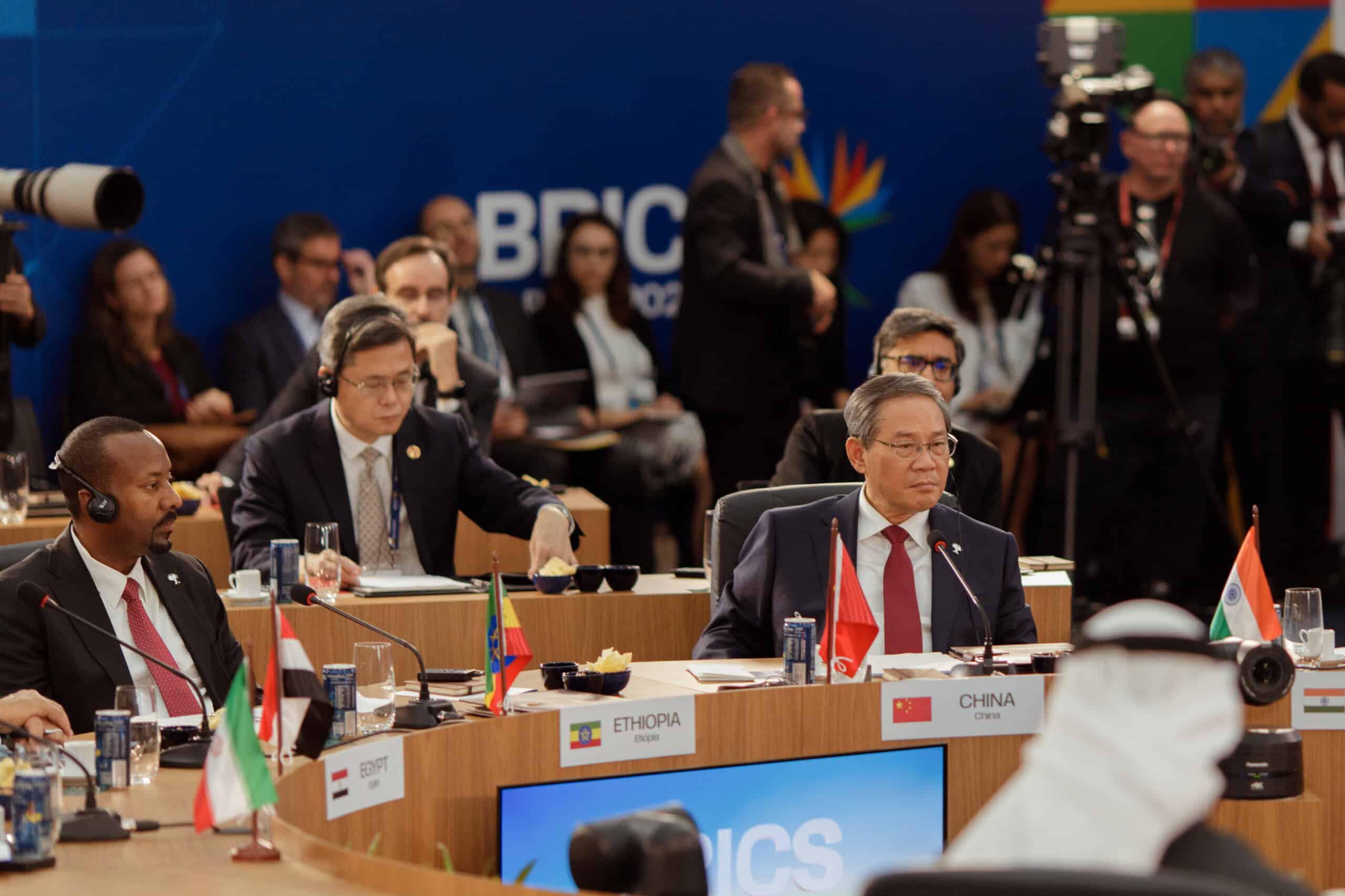Elizabeth Economy is C. V. Starr senior fellow and director for Asia studies at the Council on Foreign Relations, and soon to be Senior Fellow at the Hoover Institution at Stanford University. She has written numerous books including The Third Revolution: Xi Jinping and the New Chinese State (2018), By All Means Necessary: How China’s Resource Quest is Changing the World (2014), which she co-authored with Michael Levi, and The River Runs Black: The Environmental Challenge to China’s Future (
Navigate China's Business Landscape with Confidence.
- Gain visibility into supplier risks
- Easily manage trade compliance
- Conduct in-depth due diligence



